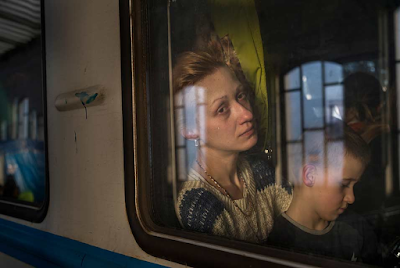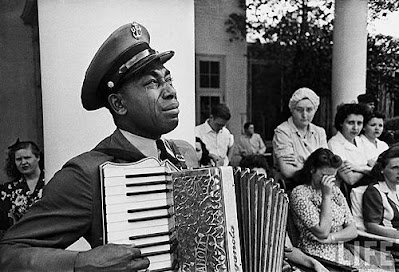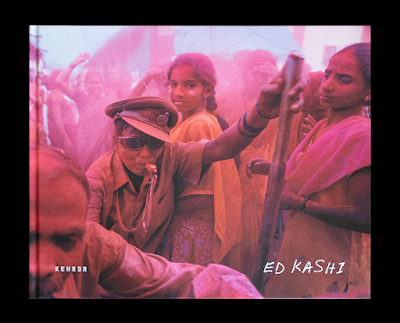Via Art Daily
July 2, 2022
David Butow, March 15, 2022. Two of the millions of refugees fleeing the war in Ukraine, this woman and her son leave for Poland and a completely unpredictable future. © David Butow. Courtesy Monroe Gallery of Photography.
SANTA FE, NM.- Monroe Gallery of Photography opened a major exhibition celebrating the Gallery’s 20th anniversary in Santa Fe. “Imagine a World Without Photojournalism” is a multi-photojournalist presentation of news events of the 20th and 21st Centuries. The exhibition will continue through September 18, 2022.
A special program with gallery photojournalists Nina Berman and David Butow will be held on Friday, July 22 at 5:30 PM, RSVP required, please contact the Gallery for information.
Imagine a world without photojournalism
Across America and throughout the world, photojournalists working to bring the world vital news have come under attack, often from authorities, governments, and groups using violence and repression as a form of censorship. Combined with deliberate misinformation creating public skepticism, the photojournalist’s mission of creating visual moments essential to understanding societal and political change may be threatened.
For 20 years, Monroe Gallery of Photography has presented exhibitions championing the critical work of photojournalists.
Photojournalism’s work and mission—one that can be put simply as documenting a news event through the medium of photographic images, has arguably become the most essential and enduring news messaging tool, and one that has gained only further traction and relevance in the 21st century.
On the occasion of Monroe Gallery of Photography’s 20th anniversary in Santa Fe, the gallery presents an exhibition of photojournalists that they have exhibited throughout the years which span almost 100 years of history.
Photographs in the exhibition cover 20th- and 21st- century societal and political change, from the battles of World War II to the Civil Rights struggles of the 1960s, from the frenzy of Presidential campaigns to the January 6 Insurrection on the United States Capitol. The exhibit includes a photograph from the 2019 Charlotte, North Carolina Gay Pride parade that the Gaston County manager ordered removed from a Gaston County museum exhibit on June 15, 2022.
Photographs in this exhibition are universally relevant; they reflect the past, the present, and the changing times. These unforgettable images are imbedded in our collective consciousness; they form a sort of shared visual heritage for the human race, a treasury of significant memories. Many of the photographs featured in this exhibition not only moved the public at the time of their publication, and continue to have an impact today, but set social and political changes in motion, transforming the way we live and think.
NINA BERMAN
Nina Berman is a documentary photographer, filmmaker, author and educator. Her wide-ranging work looks at American politics, militarism, post violence trauma and resistance. Her photographs and videos have been exhibited at more than 100 venues from the security walls of the Za'atari refugee camp to the Whitney Museum of American Art. She is the author of Purple Hearts – Back from Iraq, (2004) portraits and interviews with wounded American veterans, Homeland, (2008) an examination of the militarization of American life post September 11, and, An autobiography of Miss Wish (2017) a story told with a survivor of sexual violence which was shortlisted for both the Aperture and Arles book prizes. Additional fellowships, awards and grants include: the New York Foundation for the Arts, the World Press Photo Foundation, Pictures of the Year International, the Open Society Foundation, the Center for Documentary Studies at Duke University, the MIT Knight Science Journalism Fellowship and the Aftermath Project. She is a Professor at Columbia University Graduate School of Journalism where she directs the photography program. She lives in her hometown of New York City.
DAVID BUTOW
David Butow is a freelance photojournalist whose projects and assignments have taken him to over two dozen countries including Afghanistan, Burma, Iraq, Peru, Yemen and Zimbabwe. His new book, BRINK, chronicles politics in the United States from the 2016 presidential election through the chaos of the Trump presidency, the turmoil of 2020 and concludes with the insurrection and its aftermath at the U.S, Capitol in January 2021.
Born in New York and raised in Dallas, he has a degree in Government from the University of Texas at Austin. After college he moved to Los Angeles and worked in newspapers before beginning a freelance career for magazines in the 1990's. From the mid-90's through the late-2000's he worked as a contract photographer for US News and World Report magazine covering social issues and news events such as post- 9/11 in New York, the Palestinian/Israeli Intifada, the 2003 U.S. invasion of Iraq, the 2019 Hong Kong protests, the funeral of Nelson Mandela, and the death of Pope John Paul II at the Vatican.
Most recently, his photographs from Ukraine and Ulvalde, Texas have been published in Politico, Time, and The New York Times
David's photographs have been shown in numerous exhibitions including the Asia Society NY, the United Nations NY and Visa Pour l'Image in Perpignan, France. They have also appeared in books and magazines worldwide.








